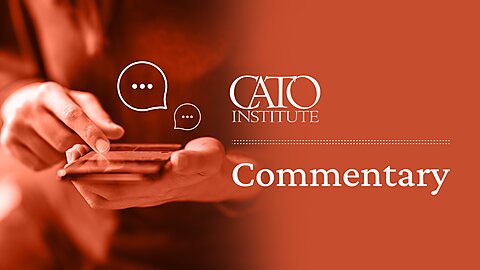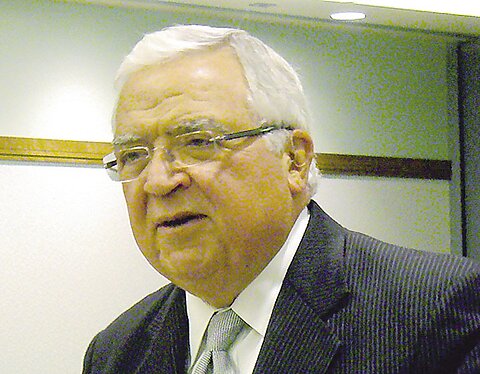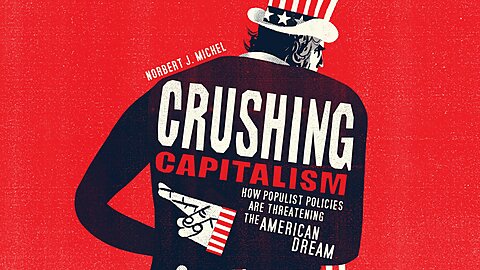
Jokes about the abundance of “ambulance chasers” aside, the fact is that some parts of America face a shortage of lawyers rather than the surplus that those critical of the profession might expect. Although New York City and Washington, DC, have a high concentration of lawyers, nearly 1,300 counties across the country have less than one lawyer per thousand residents, according to a 2020 American Bar Association report. So‐called legal deserts are especially common in rural areas, where children and less affluent adults may find it difficult or impossible to secure representation.
Given the high costs of law school and passing the bar examination, it is unsurprising that relatively few attorneys are available to advocate for those unable to pay substantial fees. States could alleviate the shortage by providing alternative paths for individuals to begin practicing law in underserved communities.
The ideal reform would be the most radical one: dropping state attorney licensing regulations and allowing private organizations to help clients identify qualified lawyers. Although that idea is not yet on the table, incremental reforms are on the menu.
Several states have considered changing their bar exams or even replacing them with experiential alternatives. One state that is far along in the reform process is Oregon, whose Supreme Court conceptually approved two alternative licensing pathways. One alternative, the Supervised Practice Portfolio Examination, will allow candidates to perform an apprenticeship after graduating from law school and then submit a portfolio of their work to the state’s Board of Bar Examiners (BBX). A second alternative, the Oregon Experiential Portfolio Pathway, will incorporate case experience in the second and third years of law school from which students could create a portfolio for BBX review.
On March 15, Washington State’s Supreme Court decided to implement a similar reform, conceptually approving licensing pathways based on apprenticeships and portfolios of work performed during law school. The court also endorsed improved interstate reciprocity, allowing lawyers licensed in other states to be admitted to the Washington State Bar Association after only one year of practice as opposed to the three years required under current rules.
New Hampshire pioneered alternative licensing pathways for lawyers albeit at a relatively small scale. The University of New Hampshire’s Franklin Pierce School of Law has offered an experiential alternative to the bar exam since 2005. An independent evaluation found that new lawyers licensed through this pathway, known as the Daniel Webster Scholar Honors Program, outperformed counterparts who became lawyers by passing the bar exam. Performance was assessed through standardized client interviews.
In Wisconsin, juris doctor graduates of the University of Wisconsin Law School and Marquette University Law School can begin practicing without taking the bar exam under the state’s diploma privilege. About a dozen states offered diploma privileges in the late 19th century, but most of these were withdrawn after the American Bar Association and the Association of American Law Schools condemned the practice. Utah temporarily implemented a diploma privilege in 2020, when the COVID-19 pandemic temporarily complicated the administration of bar exams.
Today, several other states are evaluating alternative law license pathways including California, Massachusetts, and New York. The California Supreme Court is considering a bar association proposal to begin a pilot program under which candidates could become licensed after 700–1,000 hours of supervised practice rather than passing an exam.
Although these reforms are welcome, more aggressive changes should be possible given the emergence of artificial intelligence (AI), which will be able to help paralegals perform basic lawyering functions such as writing and reviewing contracts. Although the full promise of AI in the legal profession has yet to be realized, it is close enough to make one wonder whether we should be expecting so many aspiring lawyers to spend three years and hundreds of thousands of dollars on law school and exam preparation.
In the United States, individuals have the option to represent themselves in court or may obtain free representation through public defenders. But it is often said that a defendant representing himself has a fool for a client, and public defenders are often severely overworked, handling up to 350 cases at once. The availability of more attorneys who can demonstrate an ability to serve clients effectively will enable more Americans, especially those in rural areas, to obtain quality representation. States should consider the models being developed in Washington and Oregon as well as more radical reforms to attorney licensing.



